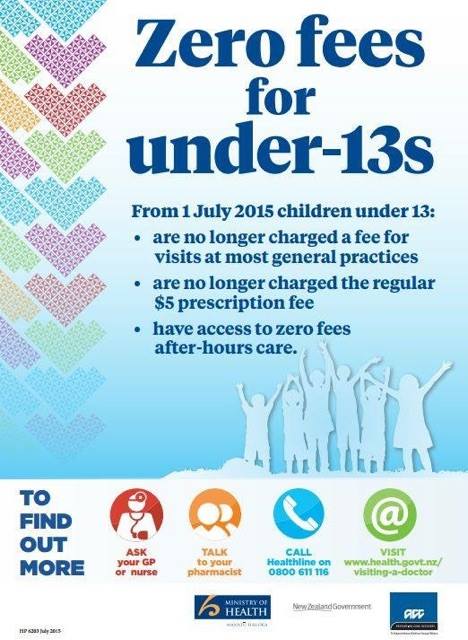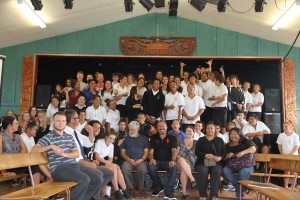In light of the recent media attention on Peer Support Work, the team at Engage Aotearoa thought it timely to share some research on peer support, should members of the community want to get some more information on the topic.
In a review published last year researchers cite a meta-analysis of 11 studies evaluating peer support against case management and clinical professionals in support roles, which concluded “No significant differences in symptoms, hospital admissions, service use, psychosocial functioning or client satisfaction were found. In a second category, six trials compared usual care with services with PSWs in adjunct roles, four with PSWs in mentoring or advocacy roles. There were no significant differences in quality of life, social relations, client satisfaction, hospital admissions, but a small reduction in emergency service use and a larger number of met needs. With these small benefits and no adverse effects found for PSW, Pitt et al. conclude in their review that PSW’s support was noninferior to support by mental health professionals” (emphasis added).
Reference: Mahlke C, Krämer UM, Becker T, Bock T, (2014). Peer support in mental health services. Current Opinion in Psychiatry, 27/4, 276-81. doi: 10.1097/YCO.0000000000000074
In a 2011 review researchers noted that “it seems prudent to mention that a result of no difference demonstrates that people in recovery are able to offer support that maintains admission rates (relapse rates) at a comparable level to professionally trained staff” (emphasis added). They also point to several studies that reported improvements in empowerment, sense of independence, self-esteem, hope and community integration along with reduced internalised stigma. Authors outline several challenges that face peer support workers in the execution of their roles, which require training and organisational support and go on to conclude that peer support workers “have the potential to drive through recovery-focused changes in mental-health services.”
Reference: Repper, J., & Carter, C., (2011). A review of the literature on peer support in mental health services. Journal of Mental Health, 20/4, 392-411.
A 2012 study of peer support worker perspectives of their work, showed that peer support workers are aware of the many challenges they face and highlight the value of their training in enabling them to deal with such challenging issues as self-disclosure and managing boundaries.
Reference: Kemp, V., & Henderson, A.R., (2012). Challenges faced by mental health peer support workers: peer support from the peer supporter’s point of view. Psychiatric rehabilitation journal, 35/4, 337-40.
There is a notable lack of evidence to suggest that peer support work carries risks that are not inherent to any work in the mental-health field and which cannot be overcome without adequate training and supervision. In 2014, Te Pou launched a set of
core competencies for peer support workers in New Zealand, to help define the role and help regulate who is able to practice as a peer support worker in mental-health and addictions services. Importantly, in Mary O’Hagan’s 2010 paper, we hear service-users’ own answers to the question “
What are the benefits of peer support to you?“
- Knowing you are not alone. Seeing that you are able to live with a mental health diagnosis and still go to school, get degrees, have a job, have a relationship and family. Feeling you are more ‘normal’ or ‘okay’.
- If it were not for peer support, I wouldn’t be alive.
- My life was turned around.
- It was my passage way to getting better, pretty much the only one.
Find out more about Peer Support in NZ at Kites Trust, the Peer Workers Association or Mind and Body Learning and Development.








